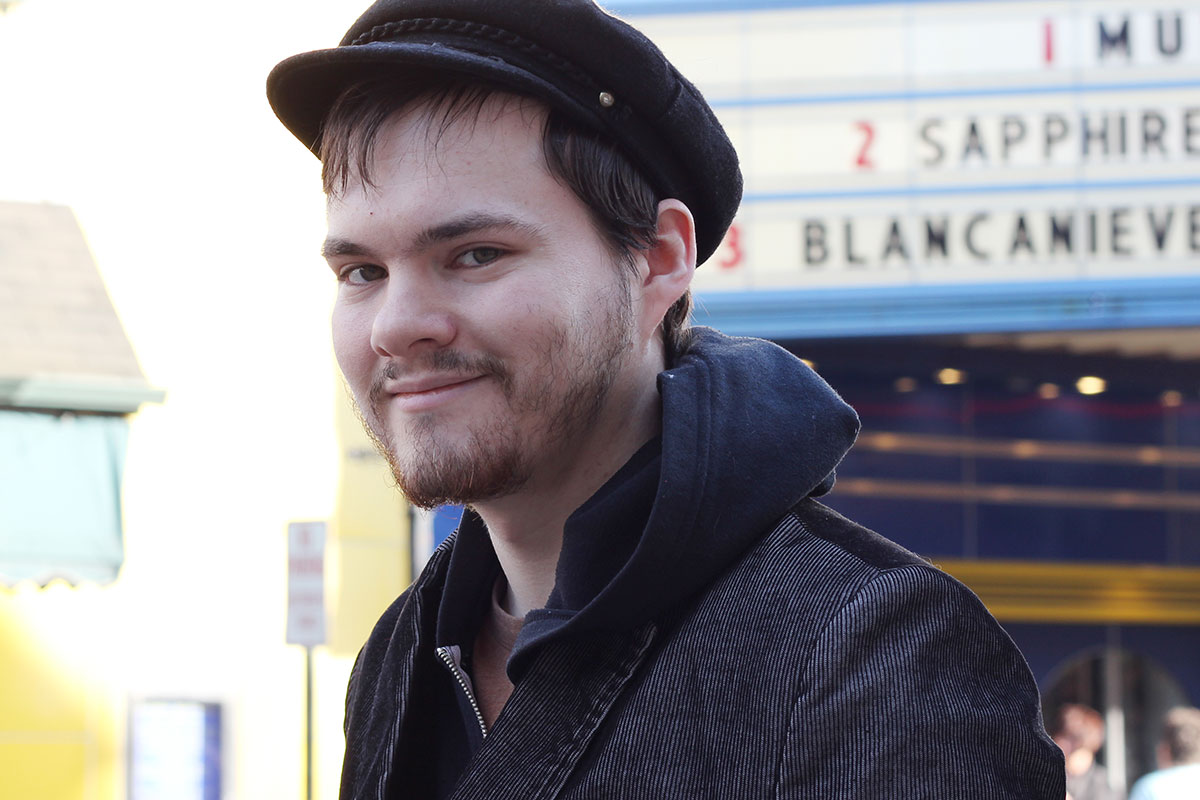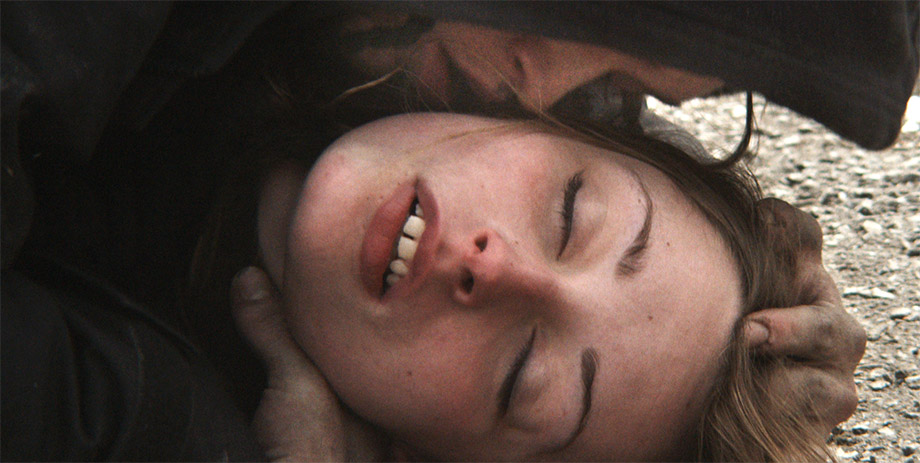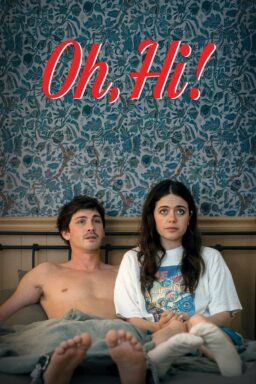“Help us out New York! Help us out!” says one of four men singing in perfect harmony on a subway car headed downtown to Lincoln Center. They’re talking to the New York they see but can’t touch. The opulent banquet of the senses, the purposely-dirty dining rooms and verandas that act as retreats from the reflective marble and sculpted glass containing all the wonders of a cultural landscape you couldn’t map with three lifetimes to spare. That’s the New York I love. The one I remember from childhood trips to the city that I now only glimpse once in a blue moon. The New York we romanticize is a place so few New Yorkers call home. A friend complained to me not long ago that too many people she knew were moving away from the city. “Why don’t they want to fight it out here like I do?” She was only half-kidding. She was proud to elbow her way through dirty subways where musical groups convene to ask for the few dollars from people on their way to underpaying jobs. That’s the New York I know. The one I’ve traveled through every week for the last two years. The two cities dance around each other endlessly, one always a little more ferociously than the other.
Kent Jones, the director of the New York Film Festival, tells me that there’s no grand design to the selection of films. Every one is chosen because he and the other members of the selection committee thought they were good. And yet it’s hard not to imagine a series of rigorous guiding principles at work. In the first week of press screenings I saw several films that featured mail theft, Etruscans, dogs in prominent roles, language barriers, unsuccessful suicides, young girls caught between their parents and artists realizing they’ve let their art co-opt their lives.
It wasn’t until a repertory screening of Alain Resnais’ debut masterpiece “Hiroshima Mon Amour,” by far the most impressive digital restoration I’ve ever seen, that I realized what exactly I had been looking at. The entire slate suddenly became an extension of the interplay between flesh and images of suffering Resnais and writer Marguerite Duras composed in 1959. In the middle of the film, lovers Eiji Okada and Emanneulle Riva huddle together, surrounded by actors pretending to be peace activists (or is it the other way around?) in Hiroshima, trying to justify their affair as much to the crowd as to each other. How could it ever be OK to love, to abandon reason for comfort, knowing the depths of misery humans can be plunged into in the blink of an eye? It adds to the sense of privilege I feel to be sitting in the Walter Reade theatre, experiencing one unique vision after another.

“Help us out New York!” The words echo in my ear when Josh & Benny Safdie’s “Heaven Knows What” begins. The film screens on 10/2 and 10/6 at the NYFF.
Here’s the New York we know, the one we can’t avoid. Wake up, make money, spend it on drugs, get high, try not to fall asleep worse off than when you woke up. When it starts, flooded with James Dashow’s nauseous electronic fugue, it’s too much too fast. The Safdies take us on a tour of Hell that looks suspiciously like the city I passed on my way to the theatre. Their characters can only say no to what might save them. The maelstrom of needles, bottles and screaming is unnerving to the point of being almost unbearable.
What saves “Heaven Knows What” is a lack of judgment from its directors. We all need what we need; some of us happen to be privileged enough to have hindsight and foresight, to say nothing of the knowledge that we’ll be sleeping indoors tonight. Take those away and priorities change mighty quickly.
The reference points jumped out like salmon from a stream (Tobe Hooper, Darren Aronofsky, Lionel Rogosin, William Friedkin) while I sat there watching it, but in hindsight the brothers Safdie deserve more than cinephile arithmetic. No one has told this story this way before. That is important. In the press conference that followed the screening, the Safdies described the people whose lives inspired the film (one of whom, Arielle Holmes, essentially plays herself) as “screaming so loud but no one can hear them.” The Safdies are their bullhorn and I’m lucky enough to be able to be theirs.

It’s not especially easy to brush off so bruising an experience as “Heaven Knows What.” Not even with ingenious counter-programming like the documentaries “Stray Dog” (screening 10/2 & 10/3) and “Seymour: An Introduction” (screening 9/27 & 9/29) about good souls who seem to professionally make life better for their friends and families. These films still implicitly ask every viewer what they’ve done for their fellow man lately.
The pianist Seymour Bernstein, chronicled in Ethan Hawke’s directorial debut, is like a real life version of Peter Sellers’ character in “Being There,” improving every life he touches with his quiet grace. Ron Hall, the Vietnam vet at the heart of Debra Granik’s excellent “Stray Dog,” does little else but give comfort to those who need it most. Is it unnatural to wonder what we’re all doing here watching the unfortunate help the even less fortunate? Granik, whose last film was the unbeatable “Winter's Bone,” checked her expressionism at the door and decided on a no-frills approach to a no-bullshit existence. The results are pure humanity and heartbreak. Without casting so much as an eyebrow askance at Hall’s backwoods chivalry, she makes a powerful argument for decency, even in the face of overwhelming misfortune. Hall cuts an imposing figure and I caught myself making many assumptions about him based on how he carried himself. One by one, Granik stripped me of all of them until I felt like I’d known Hall all my life.
Going from “Heaven Knows What” to “Stray Dog,” seeing the best and worst that can be made of nothing, felt like a change in polarity. It’s electrifying, sure, but exhausting. Awareness of one’s place in the world is a joke some far off voice is always laughing at. What kind of movie would your life make? Maybe it doesn’t matter if the right director gets his hands on the material. Someone like Dominik Graf.

Dominik Graf is a director I trust to tell any story, no matter how insular or unimportant, because he’s completely fearless. I’ve eyed his career with a hefty amount of uncertainty for many years as I tried to figure out what, besides an unsparing pace, his deal is, unaware that the lack of a throughline was the throughline. What could possibly unite a modern dress Henry James on shoddy early digital, a documentary about German TV made for German TV and a talky sex comedy about a pathologist in the middle of a murder case? Just that Graf said ‘yes’.
When I sat down to “Beloved Sisters” (screening 9/30 & 10/1), his latest, I had only the faintest idea what I’d be in for. It’s perhaps most helpful to think of it as the tireless Graf’s “The Age of Innocence,” a sumptuous phasing through the textures that entrap those unfit for times defined by emotional repression; when a woman’s eligibility for marriage was referred to as her market value. There are clues all through the first act of “Beloved Sisters” that this is not a film for the faint of ideal. You have to believe in this to like it, and that’s asking rather a lot of most people.
By chance, the revolutionary writer Friedrich Schiller falls into the lap of sisters Charlotte and Caroline Von Lengefeld. Their affair, to put it a little reductively, lasts for years and threatens to bankrupt, disgrace, tear apart and kill them. Graf charts their relationship in milestones of the enlightenment. It isn’t long before they willfully become outcasts, fleeing parlours to dwell in attic rooms, dirty, bedraggled and insomniac.
“Beloved Sisters” was exactly what I needed: a whirlwind defense of letting your emotions ruin everything magnificently. The characters in “Beloved Sisters” treat their romantic involvements with the same ugly dependence that the Safdie Brothers’ characters treat booze and heroin. When every inch of you wants to cry and wail and moan for someone who can’t return your love, in which direction do you run? That’s the breed of inextinguishable ecstatic torment in which “Beloved Sisters traffics. See it when you most need it and this film might change your life. And if I can help put the eyes of the like-minded in front of it, then I’ll be happy, because that’s the kind of help I know I can give.












